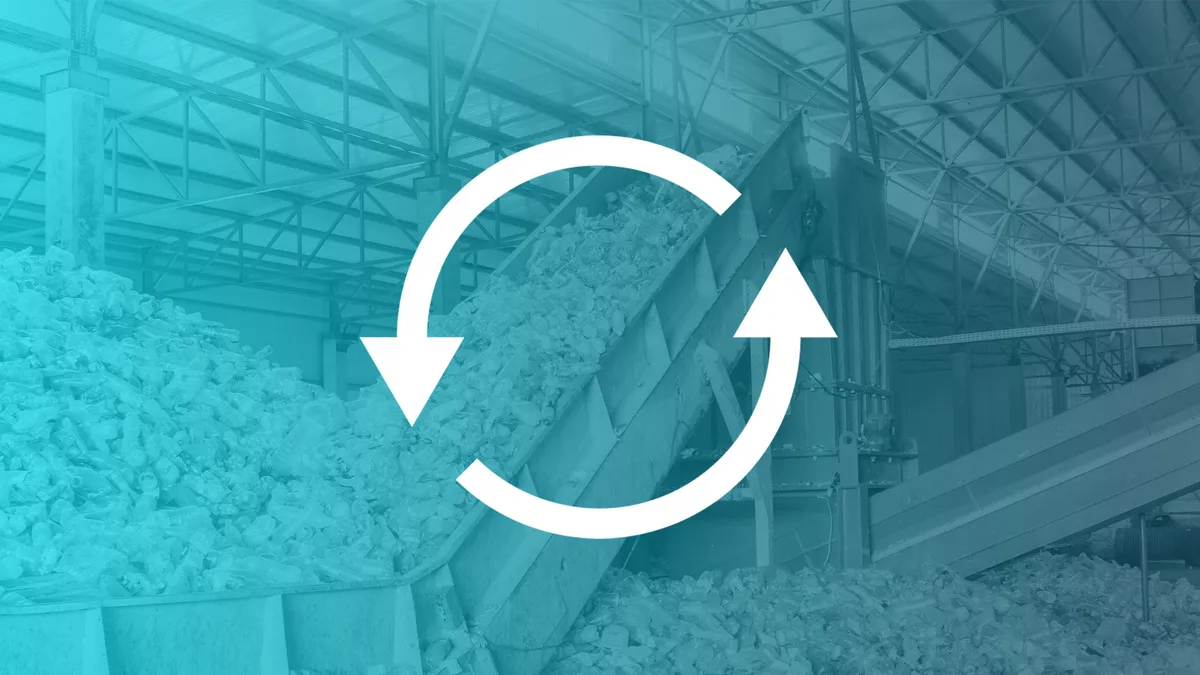Dive Brief:
- At the 2017 Our Ocean conference in Malta, the New Plastics Economy announced six winners of their Circular Design Challenge. The $1 million prize winners were divided into three categories: rethinking grocery shopping, redesigning sachets, and reinventing coffee-to-go.
- MIWA created an app for shoppers to order the exact quantity of food they need, which is then delivered in reusable packaging and Algramo already offers customers in Chile small volumes of liquid products to be stored in reusable packaging. The sachet winners were Evoware, an Indonesian startup that designs containers made out of seaweed-based material and Delta, a company that sells technology for restaurants to serve sauces in edible and compostable sachets. Cup Club is a subscription service that connects reusable cups to the Internet of Things so that users can be rewarded for reusing the cups, and TrioCup is a disposable paper cup that folds up, eliminating the need for plastic lids.
- Also at the conference, MARS M&S, PepsiCo, The Coca-Cola Company, Unilever and Werner & Mertz all announced a pledge to use 100% reusable, recyclable or compostable packaging by, at the latest, 2025.
Dive Insight:
The New Plastics Economy is far from the only group working on and investing in projects and innovators that are taking a closer look at materials management. World Wildlife Fund and other stakeholders, including McDonald's and The Recycling Partnership, are advocating for material reuse and creating value out of already-used products. The United States Chamber of Commerce Foundation is working with Orlando, FL to boost the city's diversion rate and transition to a more circular economy. Yet what stands out about this award is the substantial and personal investment in entrepreneurs or businesses pursuing circular goals.
In the face of changing global commodity markets, it may be increasingly critical for the industry to reconsider how it handles materials. It's also going to get more difficult, between diminishing airspace and changing government initiatives, to send waste to landfills or ship it overseas. As it becomes more difficult to deal with, sell or dispose of materials, the importance of recycling and reusing those materials will only increase.









